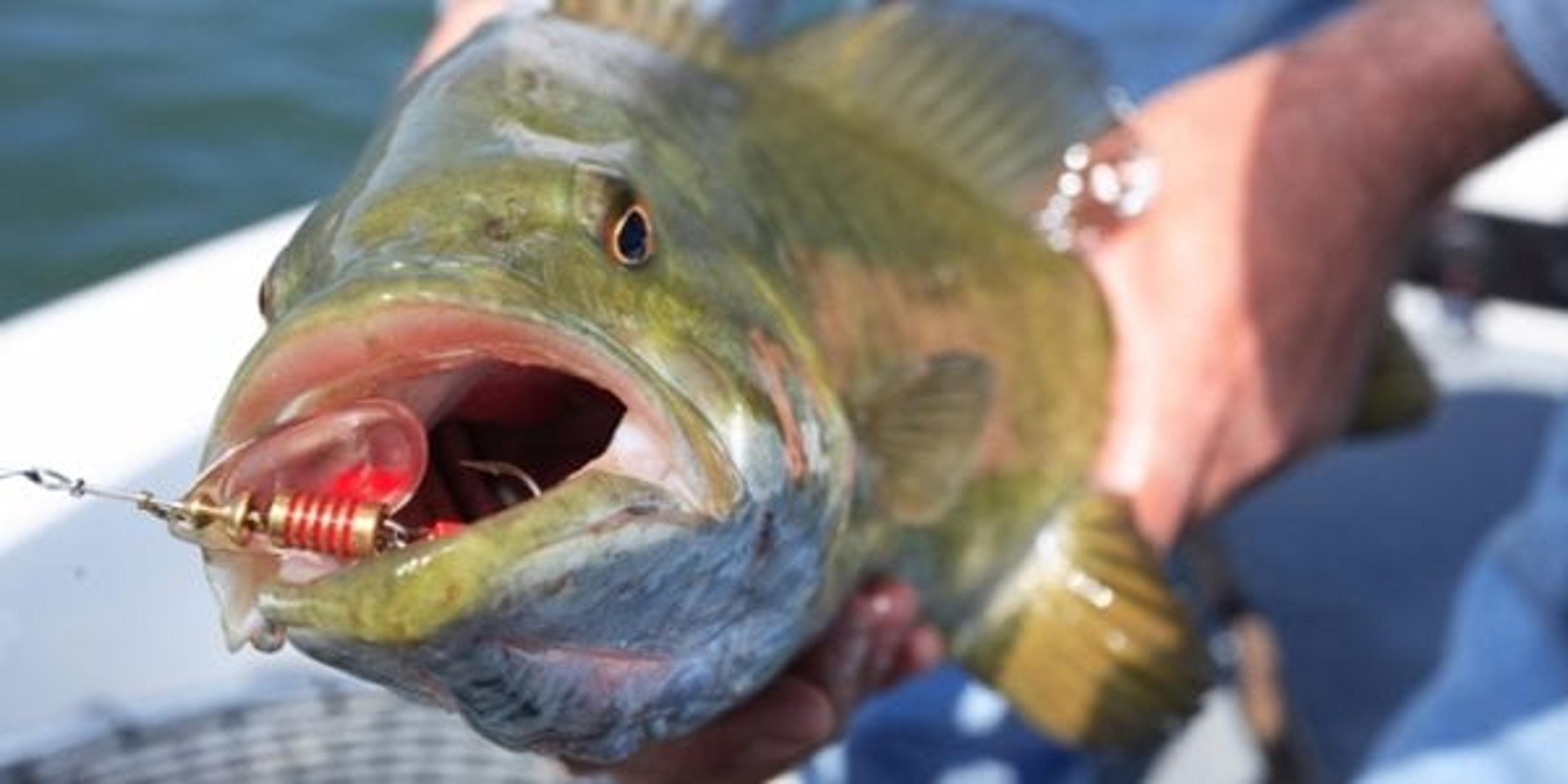A S.A.F.E. Guide to Eating Michigan Fish

Koraima Guillen
| 2 min read

With more than 11, 000 lakes, rivers and streams across the state, it’s no surprise that Michigan has a huge amount of fish swimming around. While Michigan is widely known for its cherry harvesting and beautiful scenery, fishing is one more thing that makes the Great Lakes state so amazing.
The state’s lakes and rivers bring in a diverse selection of fish that can add a tasty new flare to your dinner table. From walleye to perch, Michigan has a great selection of edible and fresh fish.
However some kinds of fish may contain chemicals that can be harmful to eat. Of course, the key to staying safe is information and moderation.
The Michigan Department of Health and Human Services Eat Safe Fish website is a great resource to help you learn more about finding and eating safe fish across the state.
You can also download a free Eat Safe Fish guide featuring information on recommended serving sizes, photos of common types of fish in Michigan and eating guidelines based on the latest research and testing in each county.
If you do decide to drop in your line, remember to keep in mind the following SAFE guidelines from the Michigan Department of Community Health:
- S: Smaller fish are better. They tend to have fewer chemicals.
- A: Avoid large predator fish and bottom-feeders.
- F: Fat should be removed (chemicals are stored here).
- E: Eat fish that are broiled or grilled (to reduce fat).
People who are under age 15, are pregnant, or who have other health problems may be at higher risk. Speak with a qualified health professional about what’s right for you.
Visit www.michigan.gov/eatsafefish for more information on safe fish consumption and keep an eye out for posted signs and warnings around the areas where you fish.
Photo credit: Ray Dumas
If you enjoyed this blog, check out:





